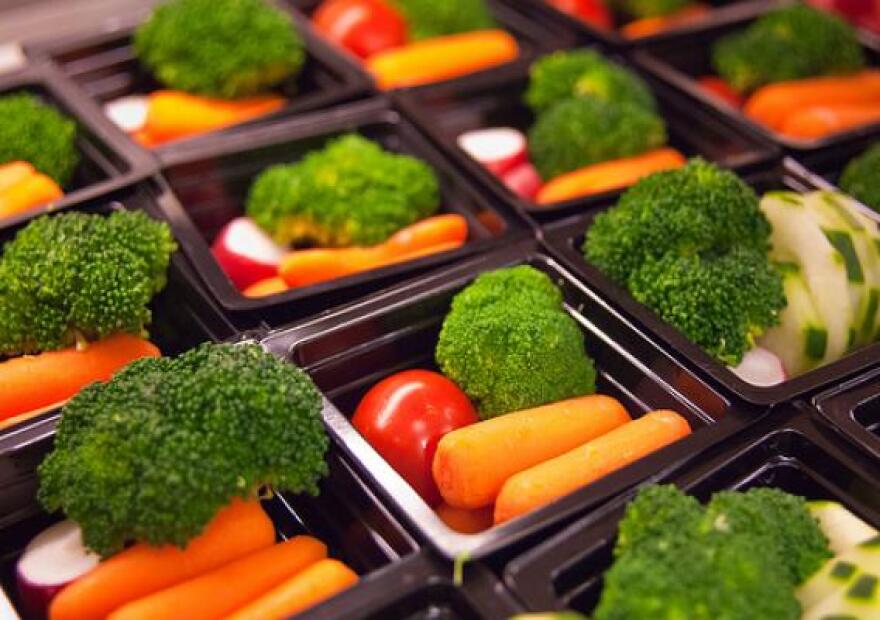Oklahoma schools served more than 1.7 million meals to students late last month as schools closed for the rest of the year.
According to numbers from the Oklahoma State Department of Education Office of Child Nutrition, 1,784,608 meals were served at 645 sites across 406 school districts from March 23–31.
The State Board of Education approved on March 25 closing schools for the rest of the academic year to help limit the spread of COVID-19.
"Our schools have responded in extraordinary ways to the myriad uncertainties posed by a global pandemic," State Superintendent Joy Hofmeister said in a statement. "These incredible efforts by child nutrition workers and school leaders to bring millions of meals to kids since March 23 is further evidence that educators instinctively put kids first."
The meals included 863,958 breakfasts, 914,281 lunches and 6.369 snacks.
Under a waiver granted in March by the U.S. Department of Agriculture, all students across the state have access to two free meals a day under summer feeding programs. Previously, districts could provide free meals only if 50% of students at a school met eligibility for the free and reduced-price lunch program.
OSDE has received a total of 13 USDA waivers to loosen restrictions on school meal service during the COVID-19 pandemic.
Last year, only 33% of Oklahoma school districts participated in the summer feeding program, despite 60% of students qualifying for free or reduced-price lunches, a figure that has likely risen amid the economic hardships brought by COVID-19.
"With district meal programs around the state up and running during this period of distance learning, I encourage school leaders to keep the momentum going and sustain these valuable programs through the summer," Hofmeister said. "Our communities have been hit hard by this pandemic, and many families are struggling. Providing meals to students this summer is a tangible support we can give families amid so much uncertainty and challenge."






